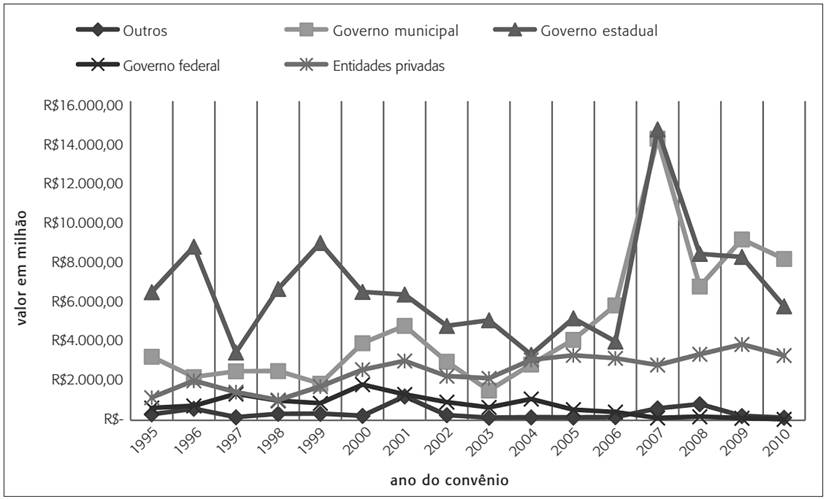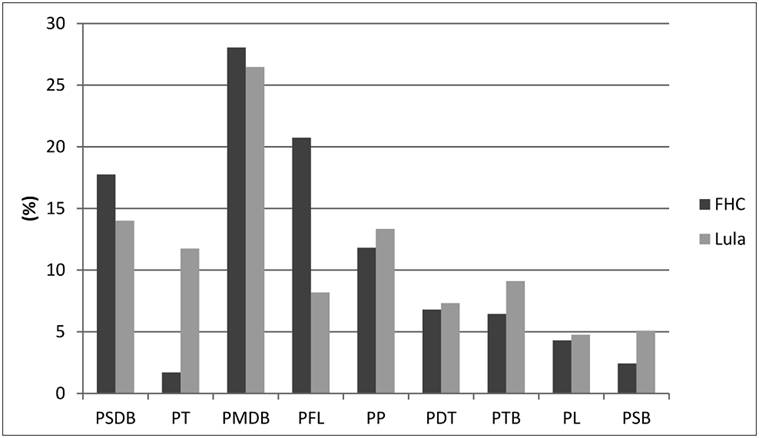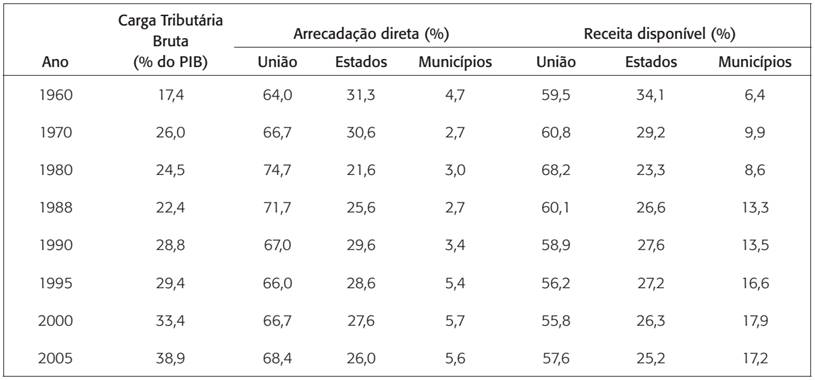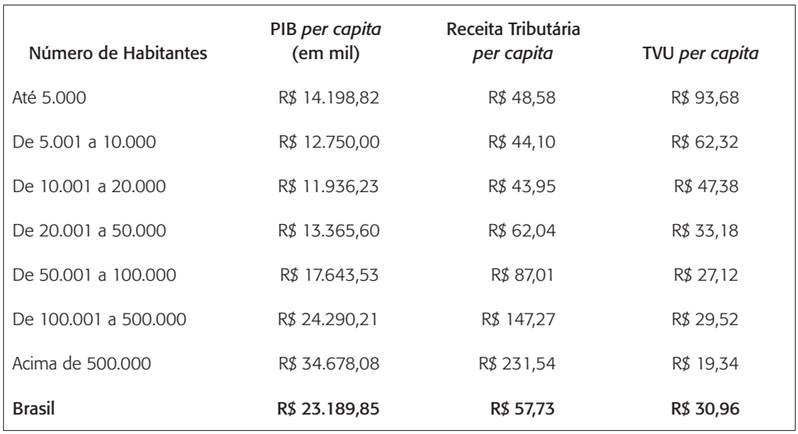Abstract
This paper analyzes the federal government's voluntary transfers (Transferências Voluntárias da União - TVU) to municipalities under certain revenue-sharing agreements, between 1995 and 2010. This subject is an essential part of the debate over fiscal federalism and will be discussed here in the context of fiscal re-centralization in Brazil, as from 1994. The idea is to determine the factors which defined what proportion of these financial resources was allocated to each local entity, using three explanatory dimensions: that of political-parties, that of redistribution, and that of a technical nature. The results obtained, using descriptive analysis and statistical regression, showed that the main beneficiaries of these voluntary federal government transfers were: those municipalities whose mayors were from the same party or parties allied with the President; those municipalities that gave the President the most votes in the elections and those that had the highest tax revenues of their own, considered a sign of wealth and technical capacity. The conclusion reached was that these voluntary federal government transfers to municipalities were in no way redistributive in nature, but rather governed by political and technical considerations.
Keywords:
fiscal federalism; municipalities; voluntary federal government transfers.

 Thumbnail
Thumbnail
 Thumbnail
Thumbnail
 Fonte:
Fonte:  Fonte: Banco de Dados TVU, UFMG, 2012. Dados partidários obtidos do Tribunal Superior Eleitoral (
Fonte: Banco de Dados TVU, UFMG, 2012. Dados partidários obtidos do Tribunal Superior Eleitoral (



